Kings of Hanover on:
[Wikipedia]
[Google]
[Amazon]
The King of Hanover (
 , Queen
, Queen
(1744–1818)
german: Königin Charlotte , 1814
, 1820 ,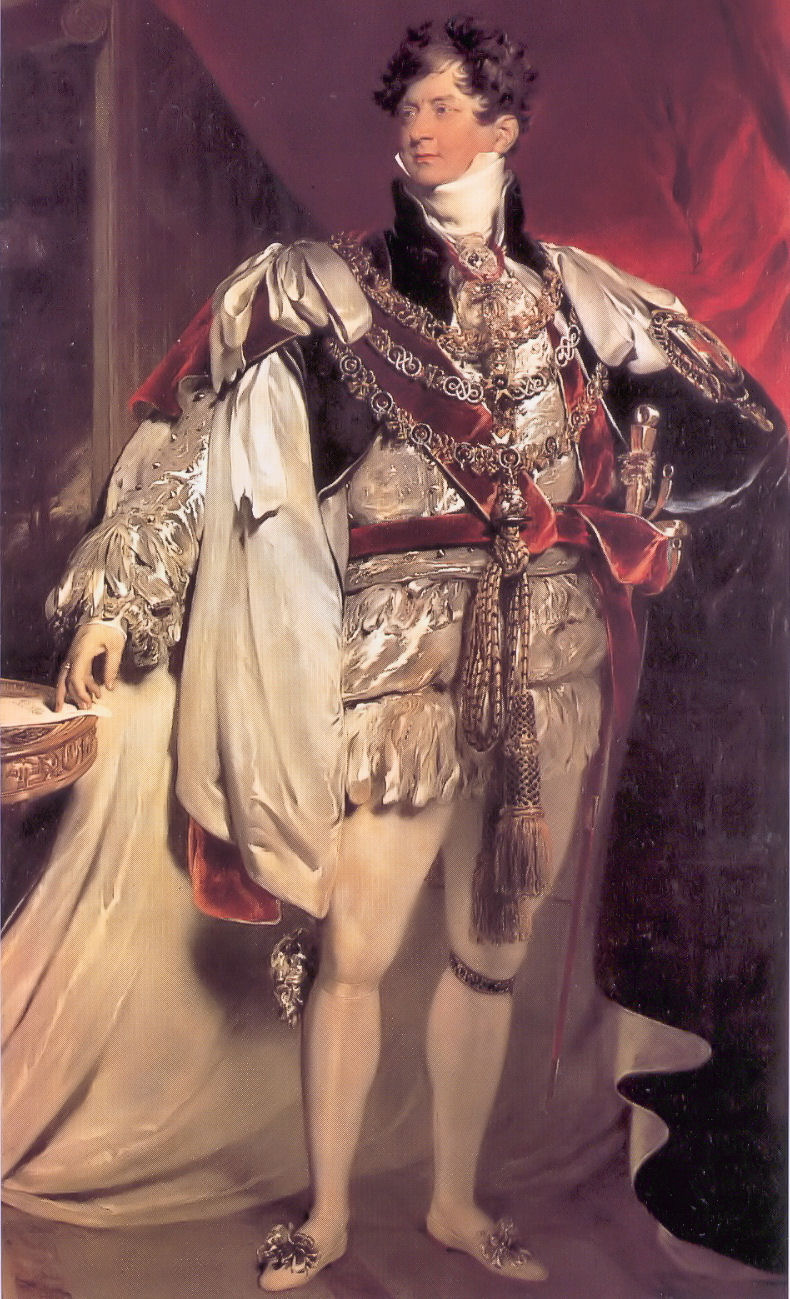 , King
, King
(1762–1830)
german: König Georg IV ,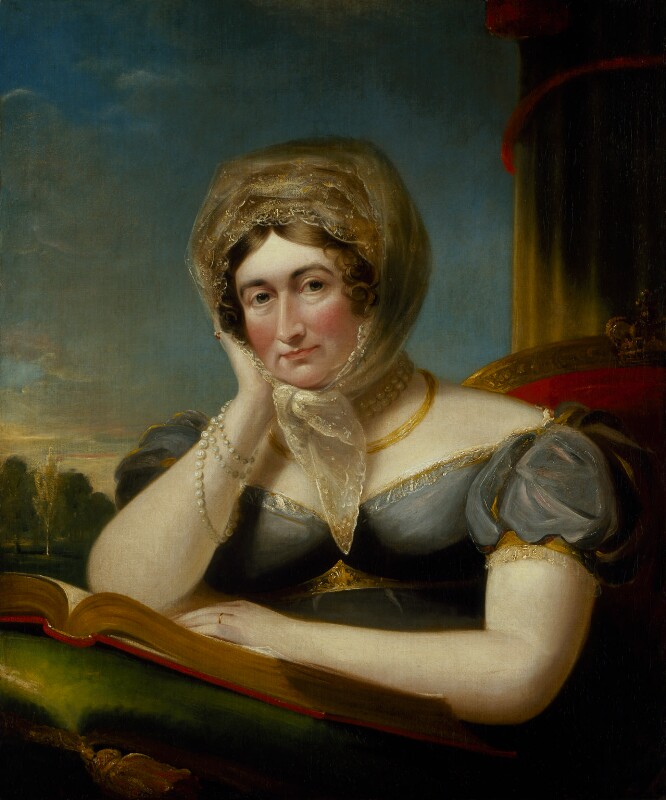 , Queen Caroline
, Queen Caroline
(1768–1821)
german: Königin Caroline , 1820 , ,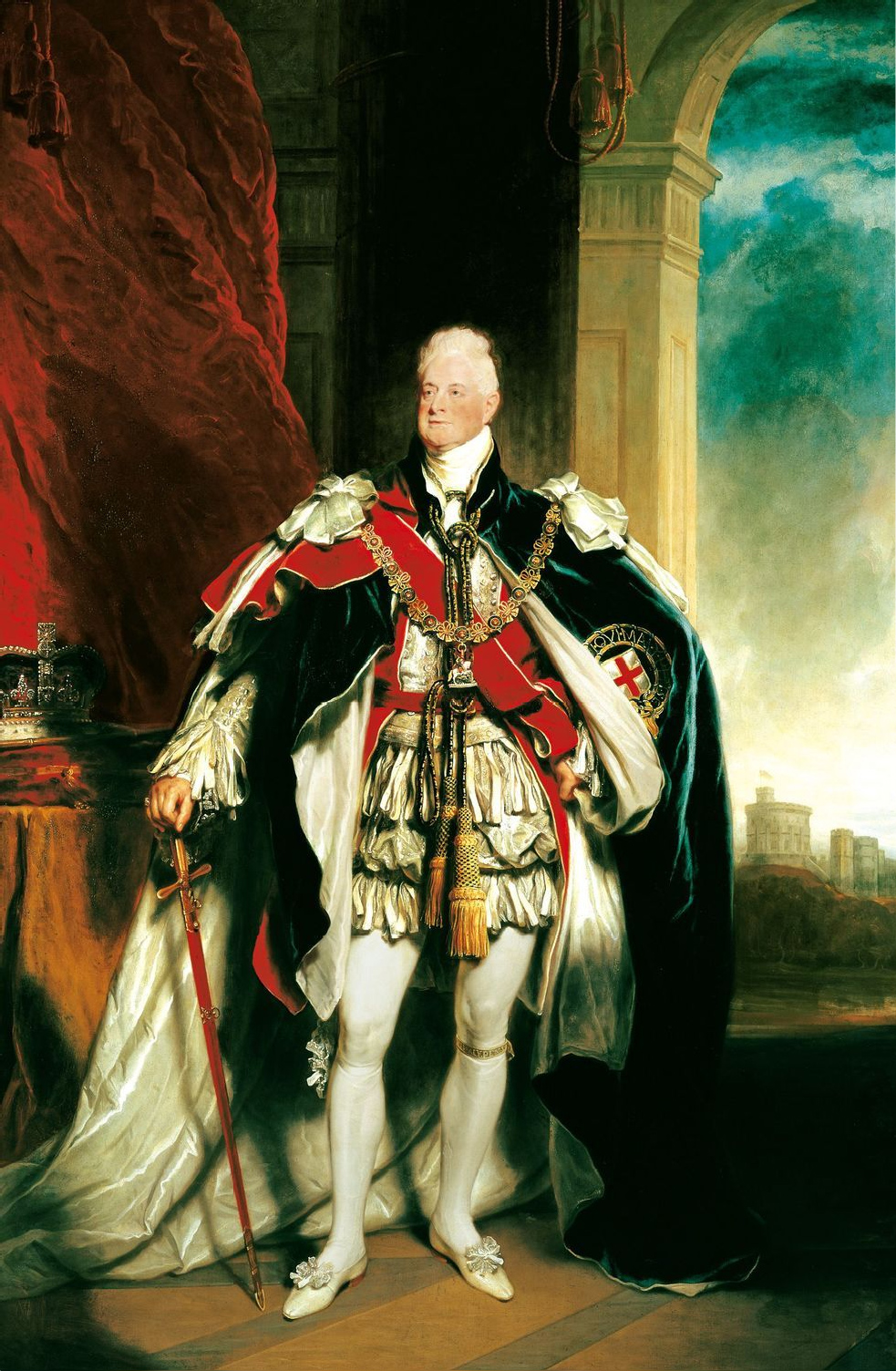 , King
, King
(1765–1837)
german: König Wilhelm IV , , Queen
, Queen
(1792–1845)
german: Königin Adelaide , 1830 , 1837 , , King Ernest Augustus
, King Ernest Augustus
(1771–1851)
german: König Ernst August , , Queen Frederica
, Queen Frederica
(1778–1841)
, 1837 , 1851 ,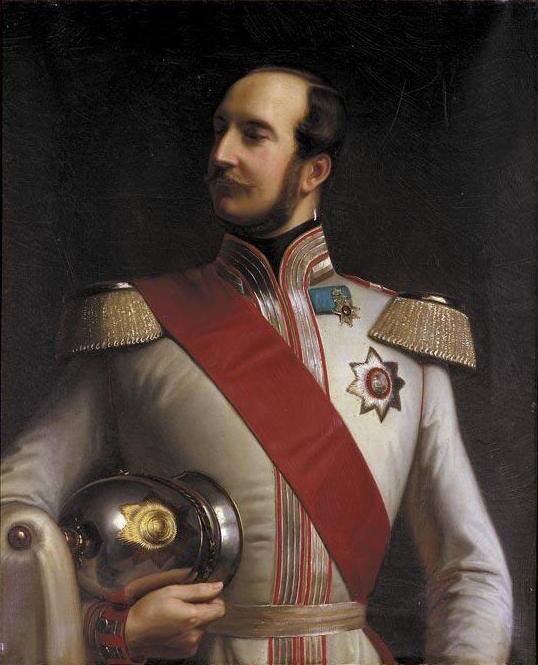 , King
, King
(1819–1878)
german: König Georg V ,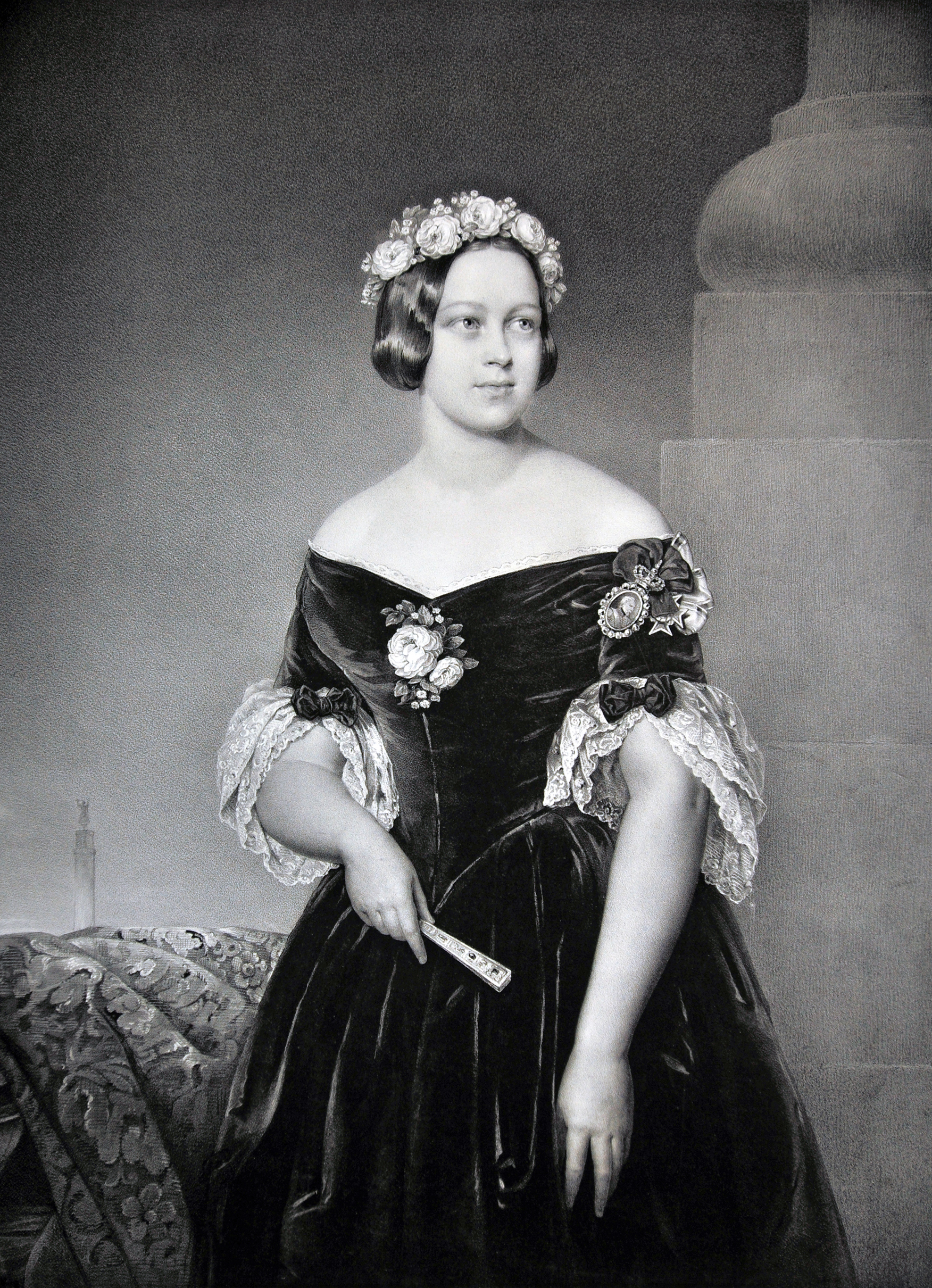 , Queen
, Queen
(1818–1907)
, 1851 , 1866 ,
File:Royal Standard of the United Kingdom (1816–1837).svg, Royal Standard of Hanover
File:Coat of Arms of the Kingdom of Hanover.svg, Royal Coat of arms of Hanover
German
German(s) may refer to:
* Germany (of or related to)
** Germania (historical use)
* Germans, citizens of Germany, people of German ancestry, or native speakers of the German language
** For citizens of Germany, see also German nationality law
**Ge ...
: ''König von Hannover'') was the official title of the head of state
A head of state (or chief of state) is the public persona who officially embodies a state Foakes, pp. 110–11 " he head of statebeing an embodiment of the State itself or representatitve of its international persona." in its unity and l ...
and hereditary ruler of the Kingdom of Hanover
The Kingdom of Hanover (german: Königreich Hannover) was established in October 1814 by the Congress of Vienna, with the restoration of George III to his Hanoverian territories after the Napoleonic era. It succeeded the former Electorate of Ha ...
, beginning with the proclamation of King
King is the title given to a male monarch in a variety of contexts. The female equivalent is queen, which title is also given to the consort of a king.
*In the context of prehistory, antiquity and contemporary indigenous peoples, the tit ...
George III of the United Kingdom, as "King of Hanover" during the Congress of Vienna
The Congress of Vienna (, ) of 1814–1815 was a series of international diplomatic meetings to discuss and agree upon a possible new layout of the European political and constitutional order after the downfall of the French Emperor Napoleon B ...
, on 12 October 1814 at Vienna
en, Viennese
, iso_code = AT-9
, registration_plate = W
, postal_code_type = Postal code
, postal_code =
, timezone = CET
, utc_offset = +1
, timezone_DST ...
, and ending with the kingdom's annexation by Prussia on 20 September 1866.
History
King George III had ruled the Electorate of Hanover, with the title ofPrince-elector
The prince-electors (german: Kurfürst pl. , cz, Kurfiřt, la, Princeps Elector), or electors for short, were the members of the electoral college that elected the emperor of the Holy Roman Empire.
From the 13th century onwards, the prin ...
, until Hanover was conquered by Napoleon
Napoleon Bonaparte ; it, Napoleone Bonaparte, ; co, Napulione Buonaparte. (born Napoleone Buonaparte; 15 August 1769 – 5 May 1821), later known by his regnal name Napoleon I, was a French military commander and political leader who ...
in 1807. In 1813 George was restored to his Hanoverian territories, and in October 1814 they were constituted as the independent Kingdom of Hanover at the Congress of Vienna
The Congress of Vienna (, ) of 1814–1815 was a series of international diplomatic meetings to discuss and agree upon a possible new layout of the European political and constitutional order after the downfall of the French Emperor Napoleon B ...
.
The personal union with the United Kingdom
The United Kingdom of Great Britain and Northern Ireland, commonly known as the United Kingdom (UK) or Britain, is a country in Europe, off the north-western coast of the European mainland, continental mainland. It comprises England, Scotlan ...
ended in 1837 on the accession of Queen Victoria
Victoria (Alexandrina Victoria; 24 May 1819 – 22 January 1901) was Queen of the United Kingdom of Great Britain and Ireland from 20 June 1837 until her death in 1901. Her reign of 63 years and 216 days was longer than that of any previo ...
because the succession laws in Hanover, based on Salic law, prevented a female inheriting the title if there was any surviving male heir (in the United Kingdom, a male took precedence only over his sisters).
List of Electors of Hanover
Ernest Augustus was appointed as the first Elector of Hanover in 1692, but he died in 1698 before the Imperial Diet confirmed the elevation of Hanover to the status of an Electorate in 1708. His widow, Sophia of Hanover, was still known as Electress of Hanover. Their son was George I.List of Kings of Hanover
} , , Queen
, Queen Charlotte
Charlotte ( ) is the most populous city in the U.S. state of North Carolina. Located in the Piedmont region, it is the county seat of Mecklenburg County. The population was 874,579 at the 2020 census, making Charlotte the 16th-most populo ...
(1744–1818)
german: Königin Charlotte , 1814
, 1820 ,
Hanover
Hanover (; german: Hannover ; nds, Hannober) is the capital and largest city of the German state of Lower Saxony. Its 535,932 (2021) inhabitants make it the 13th-largest city in Germany as well as the fourth-largest city in Northern Germany ...
, -
! 2
,  , King
, King George IV
George IV (George Augustus Frederick; 12 August 1762 – 26 June 1830) was King of the United Kingdom of Great Britain and Ireland and King of Hanover from the death of his father, King George III, on 29 January 1820, until his own death ten y ...
(1762–1830)
german: König Georg IV ,
 , Queen Caroline
, Queen Caroline(1768–1821)
german: Königin Caroline , 1820 , ,
Hanover
Hanover (; german: Hannover ; nds, Hannober) is the capital and largest city of the German state of Lower Saxony. Its 535,932 (2021) inhabitants make it the 13th-largest city in Germany as well as the fourth-largest city in Northern Germany ...
, -
! 3
,  , King
, King William IV
William IV (William Henry; 21 August 1765 – 20 June 1837) was King of the United Kingdom of Great Britain and Ireland and King of Hanover from 26 June 1830 until his death in 1837. The third son of George III, William succeeded h ...
(1765–1837)
german: König Wilhelm IV ,
 , Queen
, Queen Adelaide
Adelaide ( ) is the capital city of South Australia, the state's largest city and the fifth-most populous city in Australia. "Adelaide" may refer to either Greater Adelaide (including the Adelaide Hills) or the Adelaide city centre. The dem ...
(1792–1845)
german: Königin Adelaide , 1830 , 1837 ,
Hanover
Hanover (; german: Hannover ; nds, Hannober) is the capital and largest city of the German state of Lower Saxony. Its 535,932 (2021) inhabitants make it the 13th-largest city in Germany as well as the fourth-largest city in Northern Germany ...
, -
! 4
,  , King Ernest Augustus
, King Ernest Augustus(1771–1851)
german: König Ernst August ,
 , Queen Frederica
, Queen Frederica(1778–1841)
, 1837 , 1851 ,
Hanover
Hanover (; german: Hannover ; nds, Hannober) is the capital and largest city of the German state of Lower Saxony. Its 535,932 (2021) inhabitants make it the 13th-largest city in Germany as well as the fourth-largest city in Northern Germany ...
, -
! 5
,  , King
, King George V
George V (George Frederick Ernest Albert; 3 June 1865 – 20 January 1936) was King of the United Kingdom and the British Dominions, and Emperor of India, from 6 May 1910 until his death in 1936.
Born during the reign of his grandmother Qu ...
(1819–1878)
german: König Georg V ,
 , Queen
, Queen Marie
Marie may refer to:
People Name
* Marie (given name)
* Marie (Japanese given name)
* Marie (murder victim), girl who was killed in Florida after being pushed in front of a moving vehicle in 1973
* Marie (died 1759), an enslaved Cree person in Tr ...
(1818–1907)
, 1851 , 1866 ,
Hanover
Hanover (; german: Hannover ; nds, Hannober) is the capital and largest city of the German state of Lower Saxony. Its 535,932 (2021) inhabitants make it the 13th-largest city in Germany as well as the fourth-largest city in Northern Germany ...
Standard and coat of arms
After thepersonal union
A personal union is the combination of two or more states that have the same monarch while their boundaries, laws, and interests remain distinct. A real union, by contrast, would involve the constituent states being to some extent interlink ...
with Great Britain
Great Britain is an island in the North Atlantic Ocean off the northwest coast of continental Europe. With an area of , it is the largest of the British Isles, the largest European island and the ninth-largest island in the world. It i ...
ended in 1837, the monarchs of Hanover kept the British royal arms and standard Standard may refer to:
Symbols
* Colours, standards and guidons, kinds of military signs
* Standard (emblem), a type of a large symbol or emblem used for identification
Norms, conventions or requirements
* Standard (metrology), an object th ...
, only introducing a new Crown (after the British model).
See also
*Kingdom of Hanover
The Kingdom of Hanover (german: Königreich Hannover) was established in October 1814 by the Congress of Vienna, with the restoration of George III to his Hanoverian territories after the Napoleonic era. It succeeded the former Electorate of Ha ...
* House of Hanover
The House of Hanover (german: Haus Hannover), whose members are known as Hanoverians, is a European royal house of German origin that ruled Hanover, Great Britain, and Ireland at various times during the 17th to 20th centuries. The house or ...
* German Chancery
The German Chancery (German: ''Deutsche Kanzlei''), also known as the Hanoverian Chancery, was the official name given to the office of the Hanoverian ministry in London during the years of personal union between Great Britain (later the United K ...
{{Monarchies
King
King is the title given to a male monarch in a variety of contexts. The female equivalent is queen, which title is also given to the consort of a king.
*In the context of prehistory, antiquity and contemporary indigenous peoples, the tit ...
*
Hanover
Hanover (; german: Hannover ; nds, Hannober) is the capital and largest city of the German state of Lower Saxony. Its 535,932 (2021) inhabitants make it the 13th-largest city in Germany as well as the fourth-largest city in Northern Germany ...